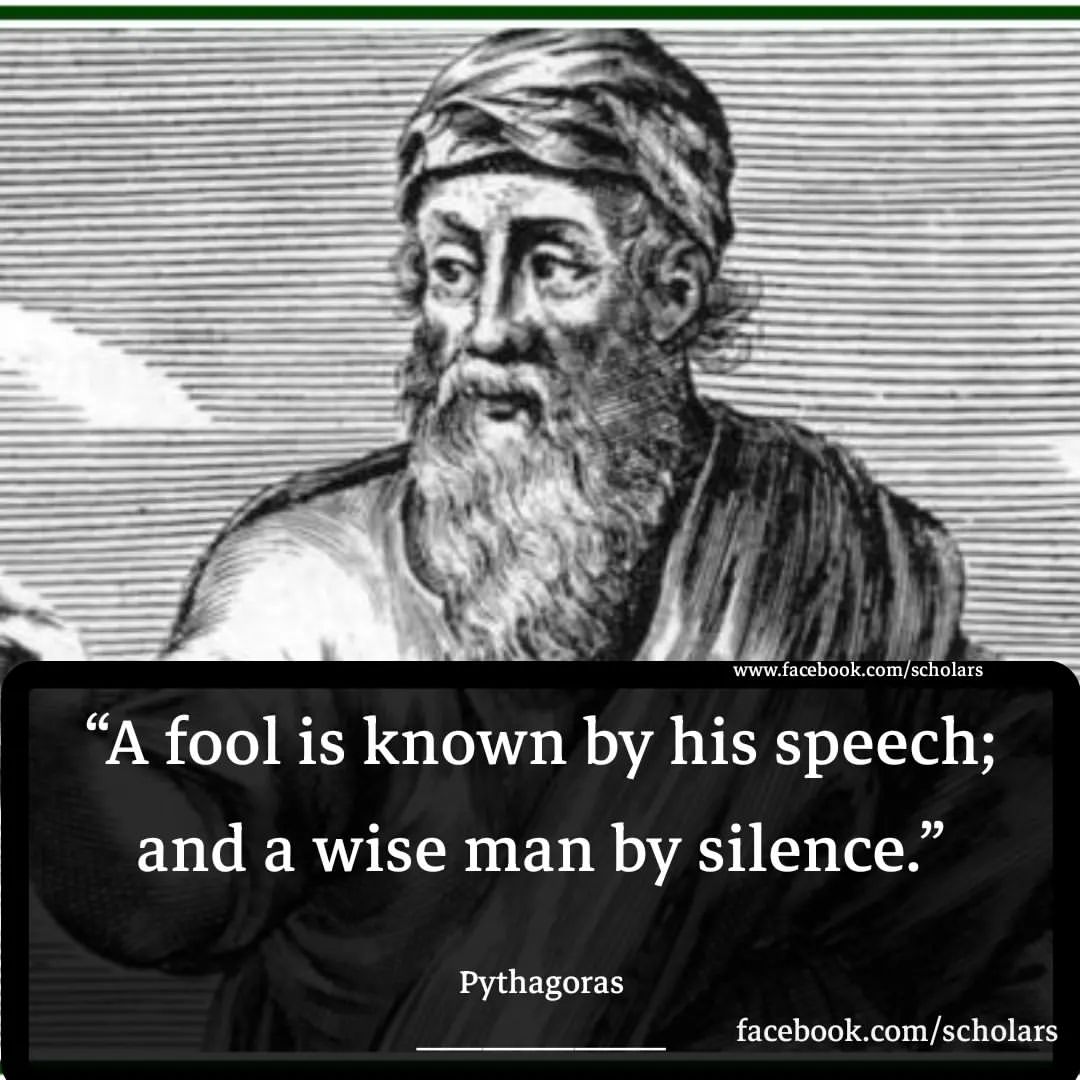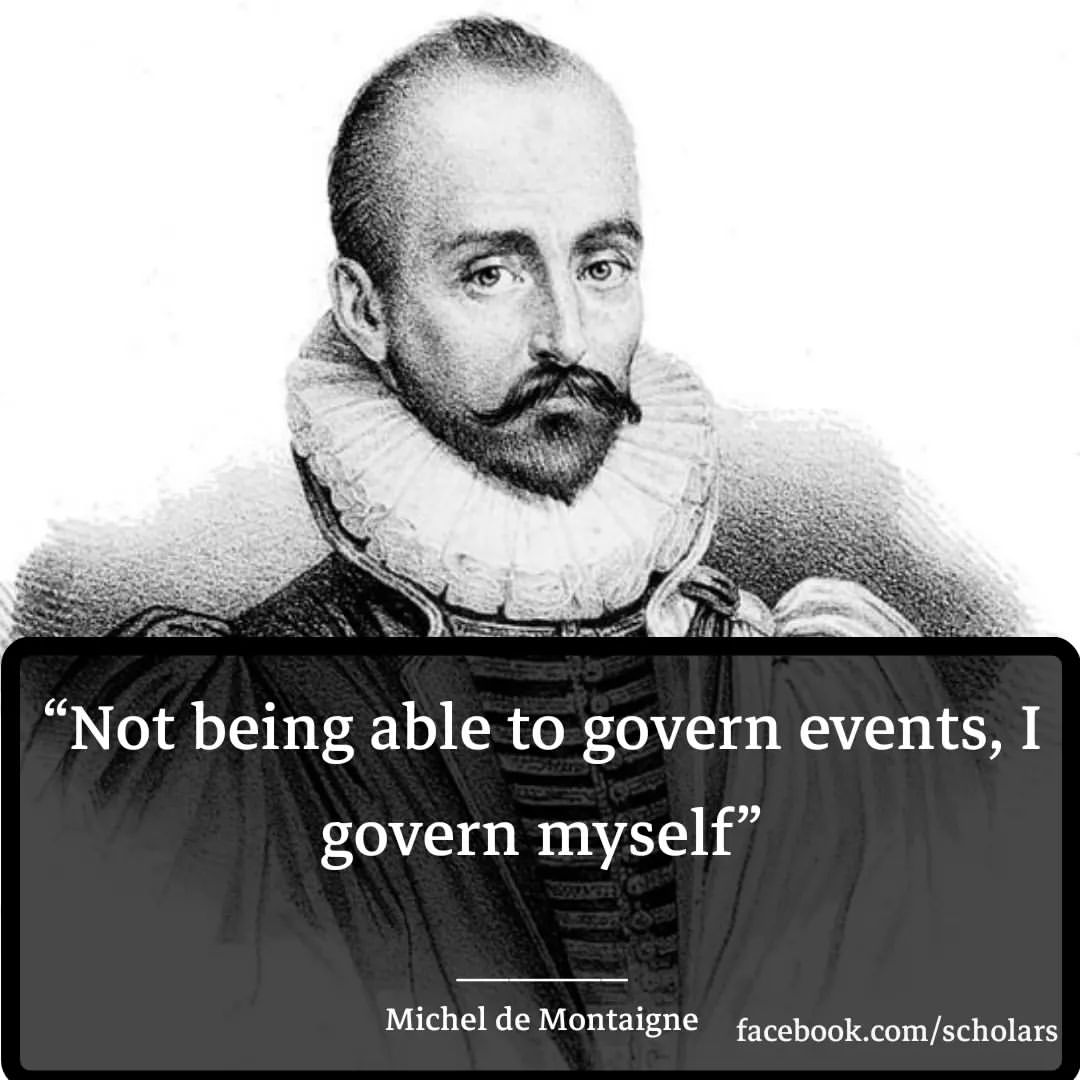A Fool Is Known By His Speech: Unveiling The Power Of Words
Have you ever found yourself in a conversation where someone's words just scream "fool"? Well, the saying "a fool is known by his speech" has been around for centuries, and it still holds so much weight today. This timeless wisdom reminds us that the way we speak can reveal a lot about who we are. It's not just about what we say, but how we say it and the intent behind our words. So, buckle up because we're diving deep into this topic and uncovering the truths behind it.
You might be wondering why this saying matters in today’s world. In an era dominated by social media, where everyone seems to have a platform, our words carry even more power. Whether it's a casual chat with friends or a professional conversation at work, the things we say can either build us up or tear us down. Understanding this concept is key to navigating life successfully.
This article isn't just about pointing fingers at others. It's about self-reflection and growth. We’ll explore what it means to be known by our speech, how to recognize when we’re falling into the "fool" trap, and most importantly, how to improve. Let’s get started!
Read also:Revolutionize Your Kitchen With Cinto Cucina In Torre
Table of Contents
- The Origin of the Saying
- Understanding the Meaning
- Speech Patterns of a Fool
- The Role of Wisdom in Speech
- Real-Life Examples
- The Consequences of Foolish Speech
- How to Improve Your Speech
- Benefits of Wise Speech
- Psychology Behind Speech
- Final Thoughts
The Origin of the Saying
Let’s rewind a bit and figure out where this saying came from. "A fool is known by his speech" has roots that go way back. It’s been traced to ancient wisdom literature, including the Bible, where similar ideas are expressed. Back in the day, people understood the power of words and how they could shape one’s reputation. This saying wasn’t just about calling someone out; it was a lesson in self-awareness and communication.
Think about it like this: back in the olden days, there weren’t text messages or emails. People had to rely on face-to-face interactions, so every word mattered. If someone was constantly spouting nonsense or offensive remarks, they’d quickly gain a reputation as a fool. It was a survival skill, really. Knowing how to communicate effectively could make or break relationships and opportunities.
Historical Context
Throughout history, different cultures have had their own versions of this saying. For instance, in ancient Greece, philosophers like Aristotle emphasized the importance of rhetoric and clear communication. They believed that a well-spoken person was not only intelligent but also trustworthy. Similarly, in Eastern philosophy, there’s a strong emphasis on mindful speech and the impact it has on others.
So, whether you’re flipping through the pages of a classic text or scrolling through memes on your phone, the message remains the same. Our words define us, and that’s something worth paying attention to.
Understanding the Meaning
Now, let’s break it down. What exactly does it mean to be "known by your speech"? At its core, this saying is about the connection between words and character. When someone speaks, they’re revealing their thoughts, values, and even their level of intelligence. It’s like a window into their soul.
But here’s the thing: it’s not just about the content of what you say. It’s also about the tone, timing, and context. For example, saying something sarcastic in a serious situation might come across as immature or insensitive. On the flip side, offering words of encouragement when someone’s down can make all the difference.
Read also:Village Of New Lenox Park District Your Ultimate Guide To Fun And Adventure
Breaking It Down
- Content: Are your words meaningful or just noise?
- Tone: Do you sound respectful or condescending?
- Timing: Is this the right moment to say what you’re saying?
- Context: Does your speech fit the situation?
These elements combined create the overall impression you leave on others. And let’s be real, first impressions stick. If you’re constantly saying things that make people question your intelligence or intentions, you might end up being labeled a fool.
Speech Patterns of a Fool
Alright, let’s get real for a second. We’ve all been guilty of saying something we regret, right? But there are certain speech patterns that consistently point to foolishness. These aren’t just one-off mistakes; they’re habits that can harm your reputation over time. Let’s take a look at some common ones.
1. Interrupting Others
Do you know that one person who can’t seem to let anyone finish a sentence? Yeah, that’s a classic sign of a fool. Interrupting shows a lack of respect and patience. It’s like saying, "What I have to say is more important than what you’re saying." Not cool.
2. Using Offensive Language
Swearing or using derogatory terms might seem like a way to express yourself, but it often backfires. It can make you appear immature or disrespectful. Plus, in professional settings, it can cost you opportunities. Tread carefully here, folks.
3. Talking Too Much
Ever met someone who just won’t stop talking? While enthusiasm is great, there’s such a thing as too much. Sometimes, silence is golden. Knowing when to listen and when to speak is a skill that separates the wise from the foolish.
The Role of Wisdom in Speech
So, if foolish speech gets you labeled as a fool, what’s the alternative? Enter wisdom. Wise speech is all about choosing your words carefully and using them to build up rather than tear down. It’s about being intentional with your communication and considering the impact your words have on others.
Wisdom in speech doesn’t mean you have to be perfect all the time. It means you’re aware of your tendencies and actively work to improve. It’s about learning from your mistakes and growing as a person.
Characteristics of Wise Speech
- Kindness: Speaking with compassion and empathy.
- Truthfulness: Being honest without being harsh.
- Clarity: Communicating in a way that’s easy to understand.
- Patience: Listening before responding.
These traits might sound simple, but they require practice. It’s not always easy to be kind when you’re frustrated or to remain patient when someone’s cutting you off. But the more you work on these skills, the more natural they’ll become.
Real-Life Examples
Let’s bring this to life with some examples. Think about a time when someone’s words left a lasting impression on you. Maybe it was a teacher who encouraged you to pursue your dreams or a friend who offered comfort during a tough time. Those are examples of wise speech in action.
On the flip side, consider a situation where someone’s words hurt you. Maybe it was a thoughtless comment or a harsh critique. Those moments stick with us because they reveal the true nature of the person speaking.
Case Study: Public Figures
Public figures are under constant scrutiny, and their words are often dissected by the media. Take, for example, a politician who makes a careless comment. It can go viral in seconds and damage their reputation. On the other hand, a celebrity who uses their platform to spread positivity can inspire millions.
These examples show us the power of words and the importance of using them wisely.
The Consequences of Foolish Speech
Now, let’s talk about the not-so-fun part: the consequences. Foolish speech can have serious repercussions, both personally and professionally. It can damage relationships, hurt feelings, and even cost you opportunities. Let’s explore some of the potential outcomes.
1. Strained Relationships
Words can create distance between people. If you’re constantly saying things that hurt or offend others, it’s only a matter of time before they start pulling away. Trust is hard to rebuild once it’s broken.
2. Professional Setbacks
In the workplace, foolish speech can lead to missed promotions or even job loss. Employers value employees who communicate effectively and respectfully. If you’re known for saying the wrong things at the wrong time, it can hinder your career growth.
3. Damaged Reputation
Your reputation is like a bank account. Every word you say either adds to it or takes away from it. Foolish speech can deplete your reputation faster than you realize. Once it’s damaged, it’s hard to recover.
How to Improve Your Speech
Alright, so we’ve talked about the problems. Now, let’s focus on the solutions. Improving your speech is a journey, and it starts with self-awareness. Here are some practical steps you can take to become a better communicator.
1. Practice Active Listening
Listening is just as important as speaking. When you listen actively, you give others the respect they deserve and gain valuable insights into their perspective.
2. Choose Your Words Carefully
Before you speak, think about what you’re going to say. Is it kind? Is it true? Is it necessary? These questions can help you filter out unnecessary or harmful words.
3. Seek Feedback
Ask trusted friends or colleagues for feedback on your communication style. They might notice things you don’t, and their input can be invaluable for growth.
Benefits of Wise Speech
So, why bother with all this effort? Because the benefits of wise speech are worth it. Not only does it improve your relationships and career prospects, but it also enhances your overall well-being. Let’s dive into some of the perks.
1. Stronger Relationships
When you communicate wisely, people are more likely to trust and respect you. This leads to deeper, more meaningful connections.
2. Increased Opportunities
In both personal and professional settings, wise speech opens doors. People are drawn to those who can communicate effectively and respectfully.
3. Inner Peace
Speaking wisely can bring a sense of inner peace. You won’t have to worry about saying the wrong thing or hurting someone’s feelings. It’s a freeing experience.
Psychology Behind Speech
Let’s get into the science of it all. There’s a whole field of psychology dedicated to understanding the impact of words on the brain. Research shows that positive words can stimulate the reward centers in the brain, while negative words can trigger stress responses. This means that the way we speak can literally affect our mental health and the mental health of those around us.
Additionally, speech is closely tied to self-esteem. When we speak wisely, we boost our confidence and self-worth. On the other hand, foolish speech can lead to feelings of inadequacy and regret.
Final Thoughts
In conclusion, the saying "a fool is known by his speech" holds a lot of truth. Our words have the power to shape our lives and the lives of those around us. By understanding the importance of wise speech and actively working to improve our communication skills, we can avoid the pitfalls of foolishness and unlock a world of opportunities.
So, the next time you find yourself in a conversation, take a moment to think before you speak. Ask yourself if your words are adding value or causing harm. Remember, it’s not just about what you say, but how you say it and the intent behind it.
As a final call to action, I encourage you to reflect on your own speech patterns. Are there areas you can improve? Share your thoughts in the comments below or check out some of our other articles for more insights. Together, let’s strive to be wiser in our words and actions. After all, a wise person knows that words are the building blocks of relationships and success. Keep it real, folks!
Article Recommendations


